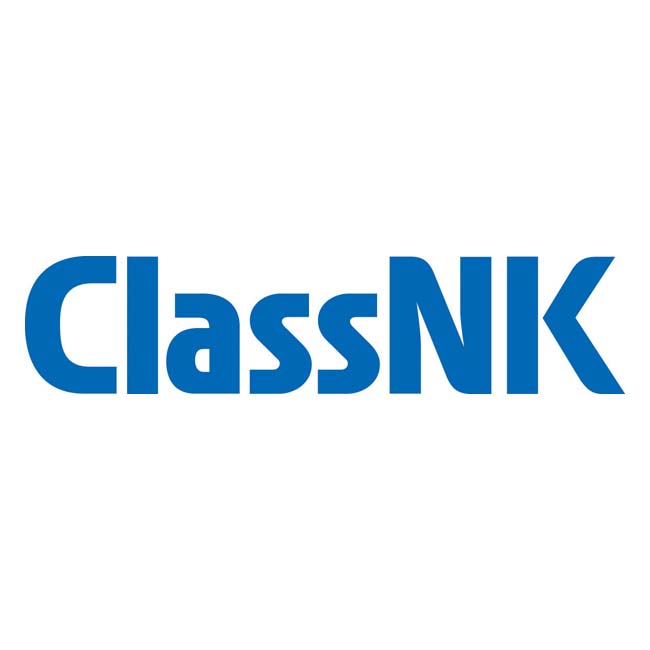A technology development project on highly automated operation of marine engines, known as ‘R&D on Next-Generation Coastal Ships Utilizing Remote-Engine-Monitoring Technology’, involving NYK Group company MTI, Nabtesco Corporation, ClassNK, Nihon Shipyard and BEMAC Corporation, in cooperation with companies including NYK Line, has begun.
The project was selected by the Ministry of Land, Infrastructure, Transport and Tourism (MLIT) for the ‘2021 Support Project for R&D in Promoting Aggregation and Cooperation in the Maritime Industry’.
The project was inaugurated due to a foreseen shortage of seafarers in coastal shipping, due to the age of current seafarers and the decrease in the number of applicants. It is said that the biggest barrier to becoming a seafarer is an isolated working environment where seafarers spend a long time in an environment isolated from land. Due to the shortage of future seafarers, a concern has grown that there will be a shortage of highly specialised human resources who will be responsible for the engine operation of ships, which will hinder safe and efficient ship operations.
To solve such issues, in this project the five participating companies and co-operators, including NYK Line, aim to estimate the cause of engine operation failure by utilising simulators as the core technology and to develop a remote-engine-monitoring system that can judge/make a decision on how to recover. This system development is considered a highly innovative initiative in the maritime industry, as it aims to enable an on-land monitoring centre to monitor engine operations of multiple ships yet maintain today’s high safety level even if the number of seafarers involved in engine operation on board is reduced. Further, by proposing a new working style at the on-land monitoring center to coastal seafarers, it is also expected to reduce the seafarers’ isolated working environment.
A shipyard, maritime equipment manufacturers, a classification society, and shipping companies will work together to expedite development and conduct demonstration tests on actual ships.



